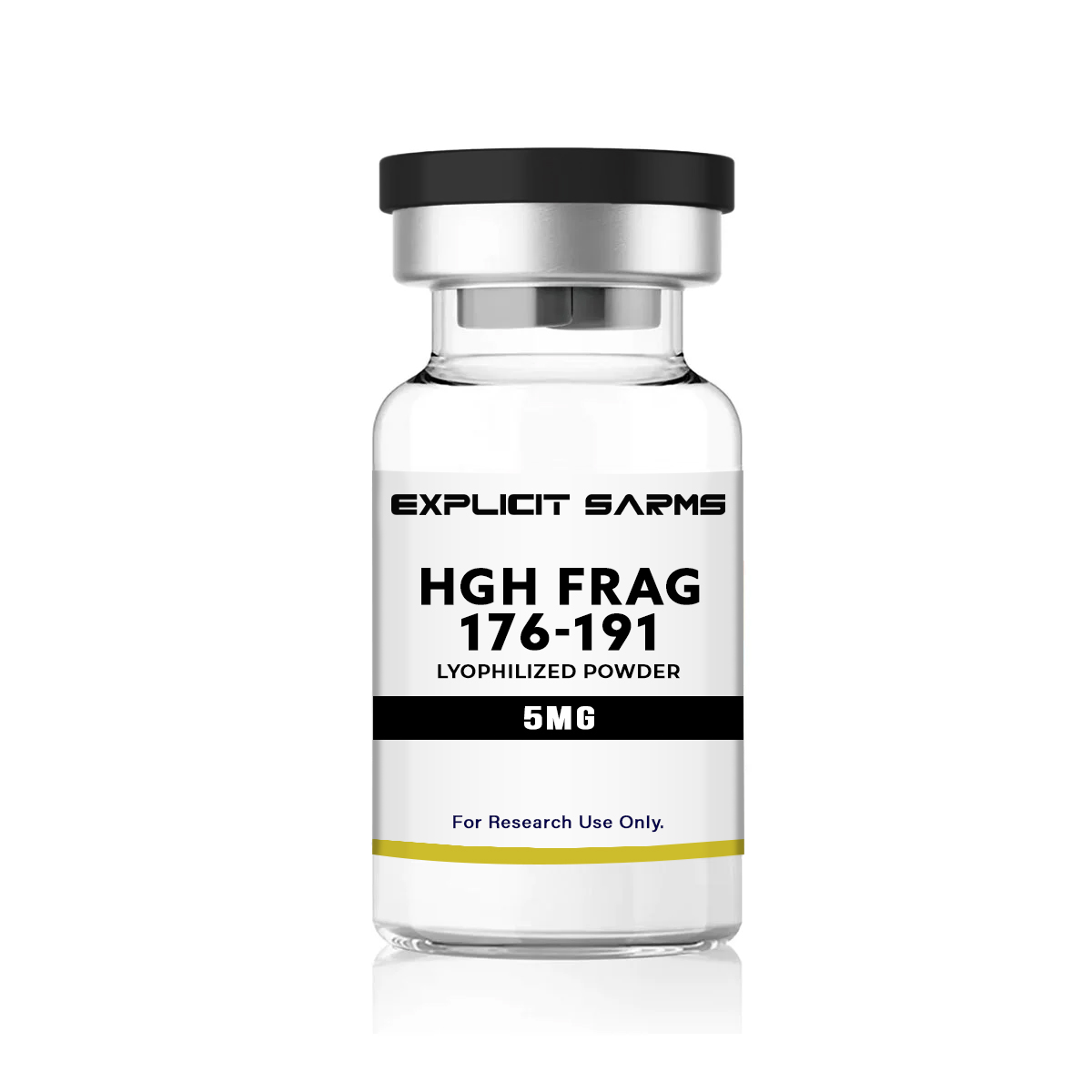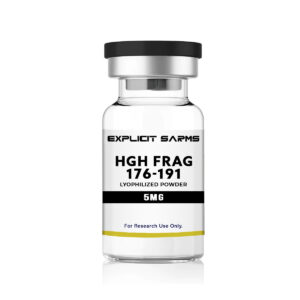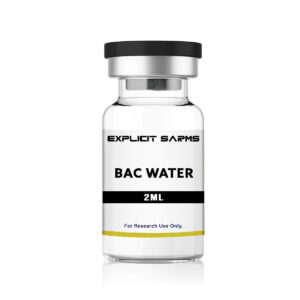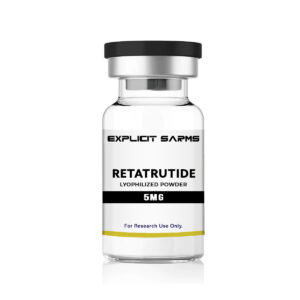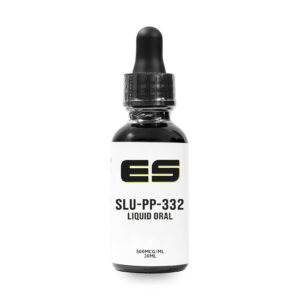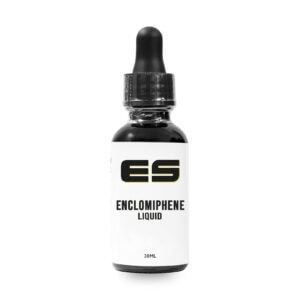5mg
1 vial
Molecular Formula: C78H123N23O23S2
What is Frag 176-191?
Fragment 176-191 (2mg) is a peptide hormone derived from growth hormone-releasing hormone (GHRH). It’s a shorter version of the growth hormone, containing only the 176-191 amino acid sequence. Studies have shown that it shares similar anti-fat accumulation effects with full human growth hormone, but it doesn’t significantly break down fats. This suggests that the C-terminal part of the growth hormone is responsible for its anti-fat effects, primarily targeting fat creation.
In research with mice, this fragment was found to reduce overall body weight gain and decrease fat tissue. It also notably inhibited fat creation in fat tissues. These findings indicate that fragment 176-191 is the part of human growth hormone responsible for its anti-fat actions. Consequently, it’s being explored as a potential treatment for obesity.
Additionally, there’s ongoing research into using fragment 176-191 for innovative drug delivery methods in cancer treatment. In experiments involving nanoparticles loaded with both the fragment and a chemotherapy drug, doxorubicin, it was discovered that the combination improved the drug’s ability to target breast cancer cells. This dual-loaded approach showed enhanced effectiveness against cancer cells while potentially reducing side effects on healthy tissues.
Furthermore, another study tested various fragments of human growth hormone on blood glucose levels in rats. Fragment 176-191, along with three other fragments, caused a temporary increase in blood glucose and a more prolonged rise in insulin levels.
Fragment 176-191 has shown potential in animal and in vitro studies as a therapeutic agent for weight loss, fat reduction, and possibly immune system enhancement. However, further research is needed to fully understand its safety and effectiveness.
Fragment 176-191 Info Based off of Research
- Fat Reduction: Fragment 176-191 has shown promise in reducing body fat, particularly abdominal fat, without affecting muscle mass. This makes it a potential option for individuals seeking to lose weight and improve body composition.
- Weight Loss: In studies, this peptide has been associated with weight loss and a decrease in body mass index (BMI). It may aid in achieving weight management goals.
- Appetite Regulation: Some users have reported appetite-suppressing effects with the use of fragment 176-191, which could be beneficial for controlling calorie intake.
- Anti-Lipogenic Effects: Research suggests that this peptide can inhibit the creation of fat cells (lipogenesis), contributing to its fat-reducing properties.
- Improved Immune Function: While more research is needed, some studies have explored the potential immune-enhancing properties of fragment 176-191. It may play a role in immune system support.
- Cancer Research: In innovative drug delivery approaches, fragment 176-191 has been investigated for its potential to enhance the targeting of cancer cells in combination with chemotherapy drugs. This could lead to more effective cancer treatments with fewer side effects.
- Blood Glucose Regulation: Studies in animals have indicated that fragment 176-191 may affect blood glucose levels and insulin production, which could have implications for diabetes management.
Studies/Resources
Safety Disclaimer
This product is intended for research purposes only. It is not intended for human consumption or medical use.
